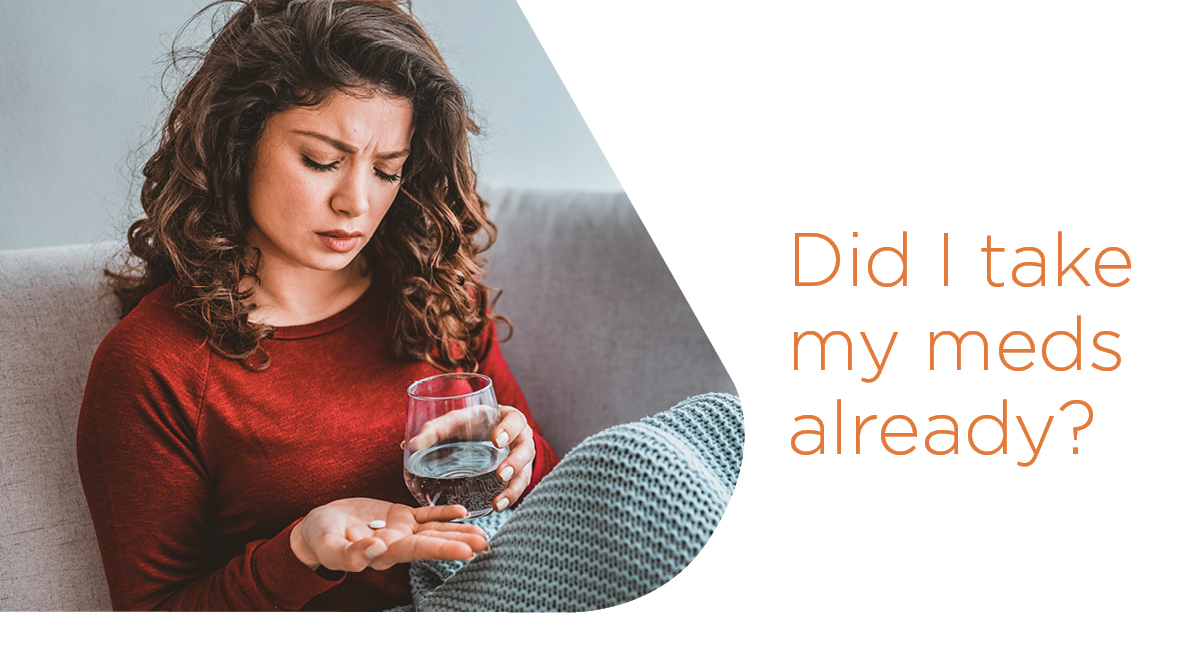4 Helpful Resources for Office Assistants
Insights and Resources
Tips and Tricks for Taking Medication (Part 1)
- May 27, 2021
- Amber Specialty Pharmacy
- Uncategorized

As a healthcare worker you are familiar with the consequences of not taking medication correctly. But it is safe to assume that your patients have little to no understanding of those consequences. And why should they? One day a patient may be perfectly healthy and the next day they are forced to adopt a new habit —taking their medication exactly as prescribed.
Even the most organized patient could use your guidance to make sure they stay on top of their treatment. This is absolutely crucial when it comes to specialty medications and infusion treatments.
That is why we assembled a series of tips, tricks, apps and websites to help you and your patients meet their goals. This post is part 1 in a series and we start with the basics. Feel free to send your patients to these posts to learn more.
Basic Tips for Patients (Taking Medications 101)
These first tips will be obvious to some patients. But before we can get creative we want to make sure they master the fundamentals
- Unless otherwise directed, take your medications at the same time each day.
- Keep medication visible. Leave it in a safe spot that is easy to see and out of a child’s reach.
- Use a pill box or container and refill it at the same time each week.
- Unless otherwise directed by your doctor, take all of your medication. It will be tempting to stop if you experience symptoms or start to feel better. Always talk with your doctor before making any changes to your treatment.
Tip: Sometimes we feel guilty calling in to a doctor’s office to ask questions, especially if we have already called once. We say to ourselves “they are busy, surely they don’t have time to talk to me.”
You should never apologize for wanting to make sure you get the correct information. In addition to your doctor’s office, we have a dietitian and registered nurse on staff that are happy to chat and would love to help answer your questions.
- Never change the dosage without talking to your doctor and pharmacist. There are several factors that influence the amount of medication prescribed to you.
When should I talk to a pharmacist?
Many of us grew up seeing pharmacists in community pharmacies where (let’s be honest) they seem busy dispensing medications and speaking with customers. There may even be a drive-up window and a line of people. Do they really have time to answer questions?
It is important to understand that pharmacists want you to be healthy and they are happy to use their expertise to help. Pharmacists will take the time to help you understand your medication regimen. They also want to understand your health journey that got you to this point.
What other resources are available to help my patients?
We will continue building this series to provide more tips, tricks and tools. Our patients also have access to our patient education materials that are specific to their condition.
How Can We Help?
Patients may worry and become anxious about their medications. Understanding how to manage the high costs of treatment or simply the help of an extra hand is all that is needed. Our team of pharmacists and specialists are available 24/7 to help with your medications needs.


